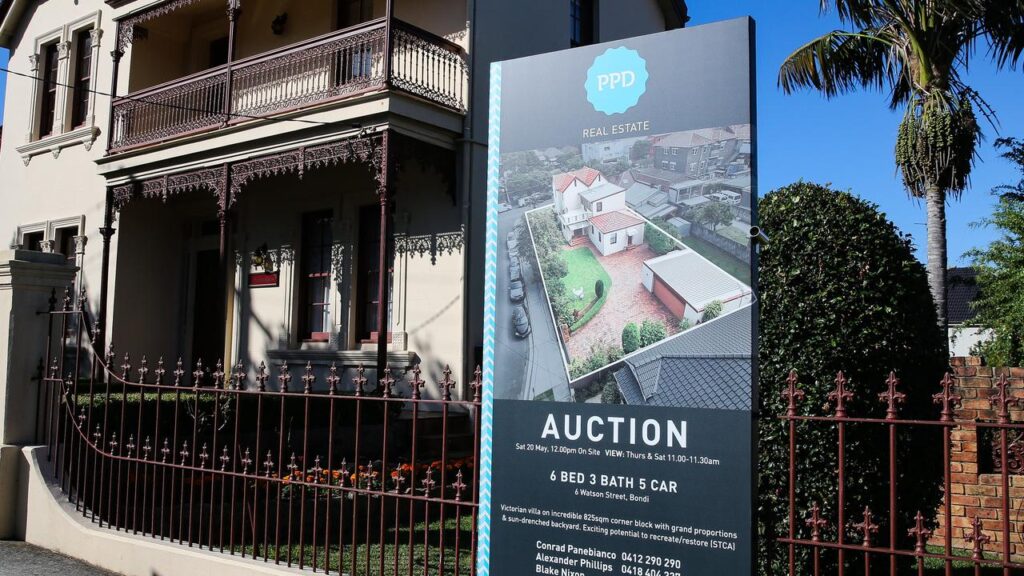Grumpy workers cost Australia $30bn
Written by admin on October 22, 2024
The Australian economy could unlock nearly $30 billion in productivity gains by simply listening to workers and giving them the required tools to do their job.
A happy worker is a productive worker, but the majority of frontline workers are feeling dissatisfied with their job, costing their collective employers billions in a year in lost productivity.
According to a new report by SafetyCulture, these annoyed Aussie workers are estimated to be costing their employer 6.59 hours a month, through unproductive downtime, frequent error or absenteeism.
When it is put altogether, these frustrated frontline workers, who include construction, hospitality and logistics staff, are costing the Australian economy $15.8 billion in lost productivity.
Additionally, the report found ineffective tools and IT systems not only frustrate workers but also reduce productivity by slowing processes and causing unnecessary downtime.
On average, Australian workers are also losing an estimated 5.7 hours each month due to the impacts of unsatisfactory tools and IT systems.
This inefficiency costs Australian businesses a staggering estimated AUD $13.7 billion annually.
Combined, Australia is losing $29.5 billion in lost productivity gains.
Sam Byrnes, chief product officer at SafetyCulture, said it’s time businesses woke up to the fact that listening to people on the frontline is one of the fastest ways to improve the bottom line.
“Frontline workers are telling us they feel unheard, overstretched, and compromised. On top of this, there is a strained relationship between employees and management that isn’t conducive to a healthy workplace culture or optimal outputs, Mr Byrne said.
One of the key drivers for this, is both management and frontline workers agree there is a “them versus us” mentality, which is only rising in recent years.
This divide is most prevalent in the distribution, logistics, supply and transport sector (66 per cent) and lowest within the hospitality industry (48 per cent).
Differences also become apparent among workers who think the frontline/management relationship can be repaired.
To help solve the issue, employees want better pay and recognition for strong performance while managers believe that greater visibility of company goals will help realign management and workers.
“There will always be room for improvement within organisations, but leaders are doing themselves, and their people, a huge disservice by failing to understand frontline challenges, acknowledging and addressing issues, and communicating adequately,” Mr Byrnes said.







